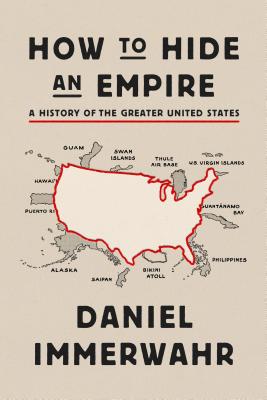Expedite your nonfiction book discovery process with Readara interviews, summaries and recommendations, Broaden your knowledge and gain insights from leading experts and scholars
In-depth, hour-long interviews with notable nonfiction authors, Gain new perspectives and ideas from the writer’s expertise and research, Valuable resource for readers and researchers
Optimize your book discovery process, Four-to eight-page summaries prepared by subject matter experts, Quickly review the book’s central messages and range of content
Books are handpicked covering a wide range of important categories and topics, Selected authors are subject experts, field professionals, or distinguished academics
Our editorial team includes books offering insights, unique views and researched-narratives in categories, Trade shows and book fairs, Book signings and in person author talks,Webinars and online events
Connect with editors and designers,Discover PR & marketing services providers, Source printers and related service providers

How to Hide an Empire: A History of the Greater United States
History > United States - General
- Farrar Straus and Giroux
- Hardcover
- 9780374172145
- 9.1 X 6.3 X 1.9 inches
- 1.75 pounds
- History > United States - General
- (Single Author) Asian American
- English
Readara.com
Book Description
Named one of the ten best books of the year by the Chicago Tribune
A Publishers Weekly best book of 2019 A 2019 NPR Staff Pick
A pathbreaking history of the United States' overseas possessions and the true meaning of its empire
We are familiar with maps that outline all fifty states. And we are also familiar with the idea that the United States is an empire, exercising power around the world. But what about the actual territories--the islands, atolls, and archipelagos--this country has governed and inhabited?
In How to Hide an Empire, Daniel Immerwahr tells the fascinating story of the United States outside the United States. In crackling, fast-paced prose, he reveals forgotten episodes that cast American history in a new light. We travel to the Guano Islands, where prospectors collected one of the nineteenth century's most valuable commodities, and the Philippines, site of the most destructive event on U.S. soil. In Puerto Rico, Immerwahr shows how U.S. doctors conducted grisly experiments they would never have conducted on the mainland and charts the emergence of independence fighters who would shoot up the U.S. Congress.
In the years after World War II, Immerwahr notes, the United States moved away from colonialism. Instead, it put innovations in electronics, transportation, and culture to use, devising a new sort of influence that did not require the control of colonies. Rich with absorbing vignettes, full of surprises, and driven by an original conception of what empire and globalization mean today, How to Hide an Empire is a major and compulsively readable work of history.
Author Bio
Daniel Immerwahr (Ph.D., Berkeley, 2011) is a professor of history, specializing in twentieth-century U.S. history within a global context. His first book, Thinking Small (Harvard, 2015), offers a critical account of grassroots development campaigns launched by the United States at home and abroad. It won the Merle Curti Award in Intellectual History from the Organization of American Historians and the Society for U.S. Intellectual History's annual book award.
His second book, How to Hide an Empire (Farrar, Straus and Giroux, 2019), tells the history of the United States with its overseas territory included in the story. That book was a national bestseller, a New York Times critic's choice for one of the best books of 2019, and the winner of the Robert H. Ferrell Prize from the Society for Historians of American Foreign Relations. Immerwahr's writings have appeared in the New York Times, The Guardian, the Washington Post, The New Republic, The Nation, Dissent, Jacobin, and Slate, among other places.
Source: Department of History of Northwestern University
Videos








Community reviews
No Community reviews

